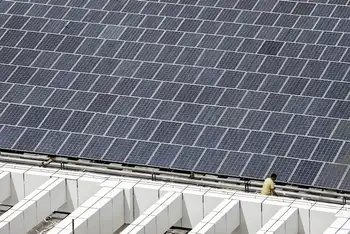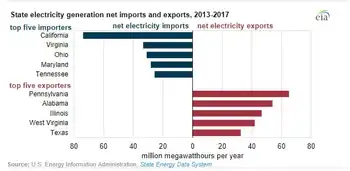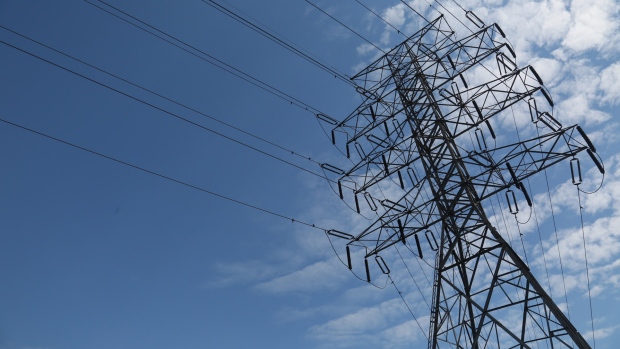NV Energy, Great Basin partner on transmission
LAS VEGAS, NEVADA - NV Energy and Great Basin Transmission, LLC, an affiliate of LS Power, have signed a Memorandum of Understanding to jointly own a 500 kilovolt transmission line in Nevada.
NV Energy would purchase Great BasinÂ’s share of capacity on the jointly owned line under a long-term agreement.
“Transmission infrastructure is essential for bringing renewable resources to market, and with as much yet-to-be-developed geothermal and wind energy that we have in the northern part of the state, a single transmission line connecting the north to the south brings enormous opportunity for future renewable development.”
The transmission line would provide access to isolated renewable energy resources in parts of northern and eastern Nevada. Additionally, it would connect NV EnergyÂ’s northern service area with its service area in southern Nevada, which will enhance overall energy-sharing efficiencies and renewable energy utilization.
Both companies have been developing separate lines in the same Southwest Intertie Project (SWIP) corridor that spans 235 miles from north of Las Vegas to near Ely, Nevada. Great Basin has obtained the major federal, state, and local approvals required to construct the line, and both companies are seeking a financing agreement with Western Area Power Administration pursuant to federal borrowing authority granted under the American Reinvestment and Recovery Act of 2009.
Michael Yackira, President and Chief Executive Officer for NV Energy, commented on the announcement, “Transmission infrastructure is essential for bringing renewable resources to market, and with as much yet-to-be-developed geothermal and wind energy that we have in the northern part of the state, a single transmission line connecting the north to the south brings enormous opportunity for future renewable development.”
“This project is a great example of how the local utility, an independent energy project developer and the Federal Government can work together to deliver a project that is superior to the alternatives. It will enable transmission access for renewable energy projects that were otherwise isolated from the market and provide reliability, efficiency and other benefits to the transmission system,” said Mike Segal, Chairman and Chief Executive Officer for LS Power.
The joint ownership of the project is contingent upon the execution of final agreements and would require the approval of the Public Utilities Commission of Nevada and the Federal Energy Regulatory Commission. NV Energy will include the joint ownership proposal as its preferred alternative in its upcoming Integrated Resource Plan filing with the commission, which will be filed by February 1, 2010.
Great Basin is currently developing expansions of the SWIP to the north and to the south to provide access to additional renewable energy resources and markets and additional reliability benefits for Nevadans. Under the arrangement, NV Energy will have rights to capacity on these expansions at no additional cost to Nevada ratepayers. Additional capacity will remain available for sale to third parties.
Construction of the jointly owned line is planned to begin this year resulting in approximately 400 jobs and millions of dollars in sales and use tax and property tax payments for Nevada counties and schools. The line will also enable hundreds of additional jobs as it will provide market access to spur the development of new renewable energy generation projects.
Related News

Cheap at Last, Batteries Are Making a Solar Dream Come True
LOS ANGELES - Todd Karin was prepared when California’s largest utility shut off power to millions of people to avoid the risk of wildfires last month. He’s got rooftop solar panels connected to a single Tesla Powerwall in his rural home near Fairfield, California. “We had backup power the whole time,” Karin says. “We ran the fridge and watched movies.”
Californians worried about an insecure energy future are increasingly looking to this kind of solution. Karin, a 31-year-old postdoctoral fellow at Lawrence Berkeley National Laboratory, spent just under $4,000 for his battery by taking advantage of tax credits. He's also saving…




